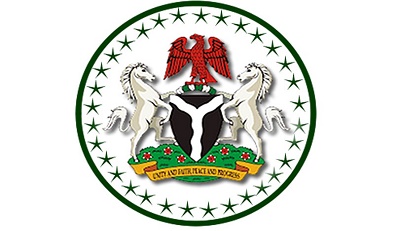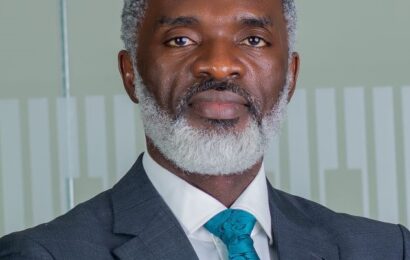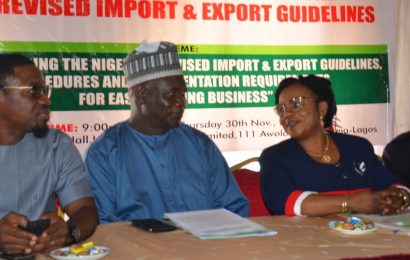
The Minister of Interior, Alhaji Rauf Aregbesola has decried the abuses and gross violations of Nigeria’s expatriate quota policy by foreigners and some organisations in the country.
Aregbesola condemned the practice on Tuesday in Abuja at the re-inauguration of the expanded Taskforce on Expatriate Quota Administration to achieve effective and efficient service delivery
“These abuses include, but are not limited to companies employing expatriates without approval from the ministry; allegations of companies obtaining fake permits for their expatriates; companies half-hearted or non-commitment to grooming Nigerian understudies.
“Companies recruiting fewer than required understudies and giving them non-commensurate remunerations; illegal transfers of approvals between and among firms and expatriates.
“Failure to train Nigerian understudies up to the standard of the expatriates they are being groomed to replace, and expatriates staying on their jobs for more than 10 years,“ he said.
A statement by Mr Afonja Ajibola, the Deputy Director of Press and Public Relations of the Ministry of Interior, made available to newsmen in Abuja, quotes Aregbesola as saying there was no room for carelessness.
According to him, where nations are careless or unmindful, it leads to untoward consequences of lopsided and imbalanced relationships, foreign domination and stunted development of the host country’s personnel and economy.
The minister said that these would ultimately create a dependency syndrome that Nigeria could not afford to happen as it usually breeds resentment, xenophobia and bad blood between nationals and foreigners.
Aregbesola at the event recalled that the task force was first inaugurated on Dec. 1, 2020, “but due to other developments and matters arising, necessitated the expansion of the membership of the task force, hence its re-inauguration.
“Expatriate quota is a global best practice. It is one of the means through which countries protect their economies and stimulate development through healthy interactions with other nations.
“It is one of the ways through which innovations and development spread globally.
“It is also a means for regulating social and cultural interaction and avoiding swamping. When it is well followed, it fosters healthy economic, social and cultural relationships among nations,’’ he said.
The minister charged the 21-member task force, which has Hon. Bola Ilori as its Chairman and Mr Ejike Osibe as Secretary, to do their work diligently, adding “you should step on toes where necessary and when it becomes unavoidable.
“Always have at the back of your mind that you have the backing of the government of the Federal Republic of Nigeria, especially the ministry,’’ he said.
Aregbesola, however, said that the task force was not to witch-hunt or attempt to make foreigners and their companies uncomfortable.
The minister said that the task force has the mandate to ensure that the laws of the land were complied with by foreigners just like Nigerians.
“Be courteous, but firm; be unobtrusive but detailed in your investigations. I, therefore, wish you success in the job ahead of you,’’ he said.
The minister said that the expatriate quota policy provides an effective means for documenting foreigners’ presence, and their activities and ensuring their protection.
He said that expatriate quotas were issued to usually foreigners and in some cases Nigerian firms to enable them to bring in high-level skilled manpower that was not readily available in the country.
According to him, the permits are valid for two years at the first instance and renewable cumulatively for a maximum of 10 years, after which the expatriate returns to his or her country.
“During this period, at least two Nigerians should be groomed to take over from the expatriate.
“This policy attracts investments in our economy and also brings with it high-level manpower development and ensures technology transfer if the grooming of Nigerian understudies is done in good faith,” Aregbesola said.
This, he said, was in line with President Muhammadu Buhari’s promise to provide 100 million jobs for Nigerians. nan.






